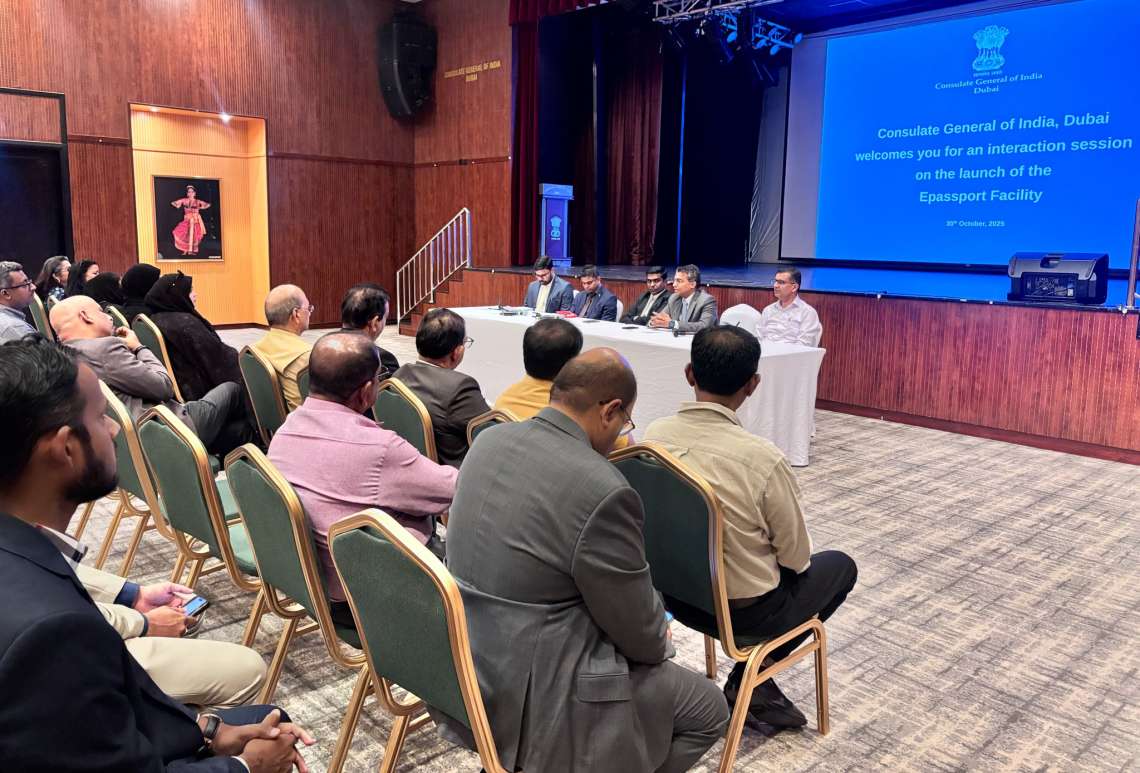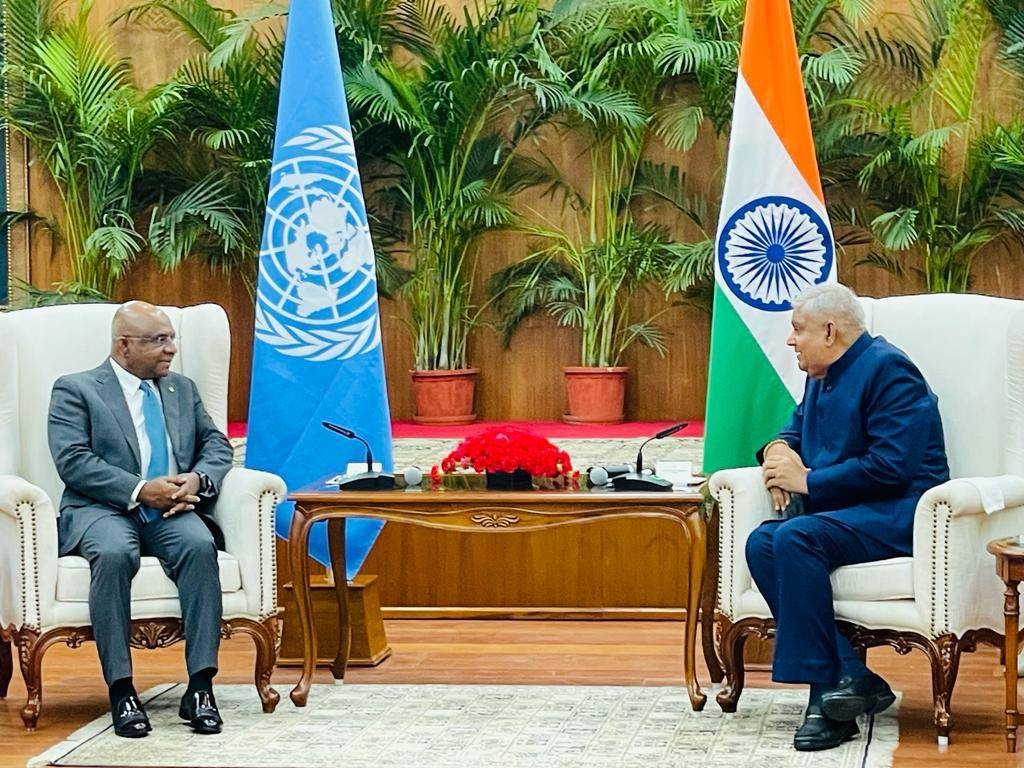This year the report also provides a first-of-its kind evaluation of adaptation financing for select sectors…reports Asian Lite News
Prime Minister Narendra Modi on Sunday reassured the world that by 2030, 50 per cent of India’s energy production will be met by non-fossil fuel, and by 2070 it plans ‘Net Zero’.
The Prime Minister was addressing a public rally on the completion of 40 years of Japan’s Suzuki Motor Corp. at Gandhinagar in Gujarat on Sunday.
He said that a silent revolution is taking shape in India with rising demand for electric vehicles (EV). The state and Central governments have extended incentives and subsidies for the EV sector.
Remembering the first interaction with Suzuki’s Chairman 13 years ago, Modi added, “When the Suzuki Chairman showed interest in setting up a plant in Gujarat, I was confident that with each passing year the company will come to know how much Gujarat is committed to development.”
The Prime Minister said, “I wanted to create a mini-Japan in Gujarat, to some extent the Japanese have been provided experience back home. Now the state has many golf courses, Japanese restaurants and even locals have started learning Japanese. Even Japan has special love for Gujarat and as many as 125 Japanese companies are functioning in the state. It looks like mini-Japan.”
Acknowledging Japan’s ‘Kaizen’ management concept, Modi brought the Kaizen-related experiences and learning of Gujarat to PMO (Prime Minister’s Office) and other Central government departments.
Climate finance
Earlier this month, the Climate Policy Initiation (CPI India) released an update on India’s first-ever effort to track green investment flows, which are falling far short of the country’s current need for its ambitious climate targets.
According to the new report, ‘Landscape of Green Finance in India’, the tracked green finance in 2019-2020 was Rs 309,000 crore ($44 billion) per annum, which is less than a fourth of India’s needs.
The report estimates that for India to achieve its Nationally Determined Contributions (NDCs) under the Paris Agreement, the country requires an approximate Rs 162.5 lakh crore ($2.5 trillion) from 2015 to 2030 or roughly Rs 11 lakh crore ($170 billion) per year.
The evaluation of finance flows has been estimated for key real economy sectors like clean energy, clean transport and energy efficiency. The study tracks both public and private sources of capital — domestic as well as international — and builds a framework to track the flow of finance right from the source to the end beneficiaries through different instruments with an emphasis on bottom up approaches based on actual flows rather than commitments, providing the most accurate analysis to date of where India’s climate finance stands, the finance gaps it faces, and the opportunities that lie ahead.
This year the report also provides a first-of-its kind evaluation of adaptation financing for select sectors.
“The report shows increased flows to renewable energy sectors. This indicates the positive role policy support has had on the renewable sector. We would also in the future hope to see a similar role being played in other sub-sectors like distributed renewable energy – rooftop solar and clean mobility,” said Neha Khanna, Project Manager and Lead Author, Climate Policy Initiative.
In 2021, India put forth enhanced ambitions on climate action and announced the Panchamrit targets, which include adding 500 GW of non-fossil fuel-based energy capacity and meeting 50 per cent of its energy requirements through non-renewable sources.
Such enhanced ambition requires mobilization of green finance at a much faster pace.














